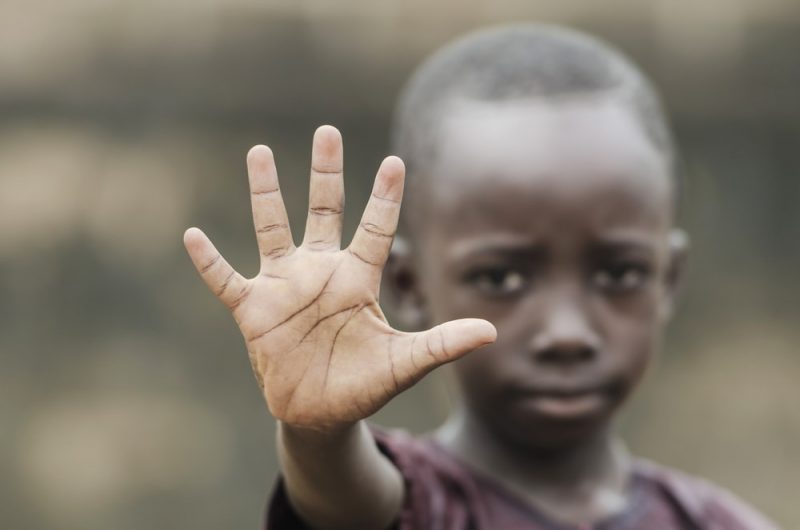It is understood by racism to the discrimination that is exercised towards a certain person or a group according to their skin color or cultural origin.
Racism is usually based on a conscious or unconscious feeling of contempt and superiority, which can be taken into action and manifested in various ways, thus nullifying or diminishing human rights, freedom of expression and even the physical freedom of people.
Racism is based on stereotypes, prejudices and a doctrine of racial superiority that is scientifically false and socially unjust and dangerous.

Types of racism
Racism can manifest itself in many aspects of social life, and there are various classifications and types. Among the most prominent are:
- Aversive racism. It is a kind of subtle, implicit racism. It does not constitute direct and public discrimination, but is based on hidden and unconscious prejudices that can translate into lack of empathy or discomfort in contact with certain groups.
- Institutional racism. Type of racial discrimination that is exercised by governments, religions, educational institutions or large organizations.
- Cultural racism. Type of racism that discriminates against the language, customs and traditions of a certain culture or people.
- Hidden racism. A form of non-explicit racism that indirectly legitimizes racism, often disguising its arguments as pseudosciences or political reasons that are apparently not racist but hide an exclusive way of thinking.
Racism in modern history
Throughout modern history, intolerance and denial of the basic principles of equality of people have led to massacres and genocides that destroyed lives and divided families and communities. Such is the case of slavery in Africa and America, Apartheid in South Africa, or the Nazi regime during World War II.
In all cases, the dominant group based its foundation on the belief in the superiority of one race over others (ethnocentrism) and tried to separate or isolate what they considered ethnic minority groups by decimating their fundamental rights.
International Day for the Elimination of Racial Discrimination
For the United Nations, racism and discrimination must be a priority issue for the State and the international community. Each State must fight, together with all individuals, to promote a culture of respect for diversity, in which solidarity and multiculturalism prevail.
In 1966 the International Day for the Elimination of Racial Discrimination was established urging the community to redouble its efforts to eliminate all forms of racial discrimination.
It is celebrated every March 21, since that day in 1960 the South African police killed 69 people in a peaceful demonstration against an Apartheid law that took place in the city of Shaperville.
